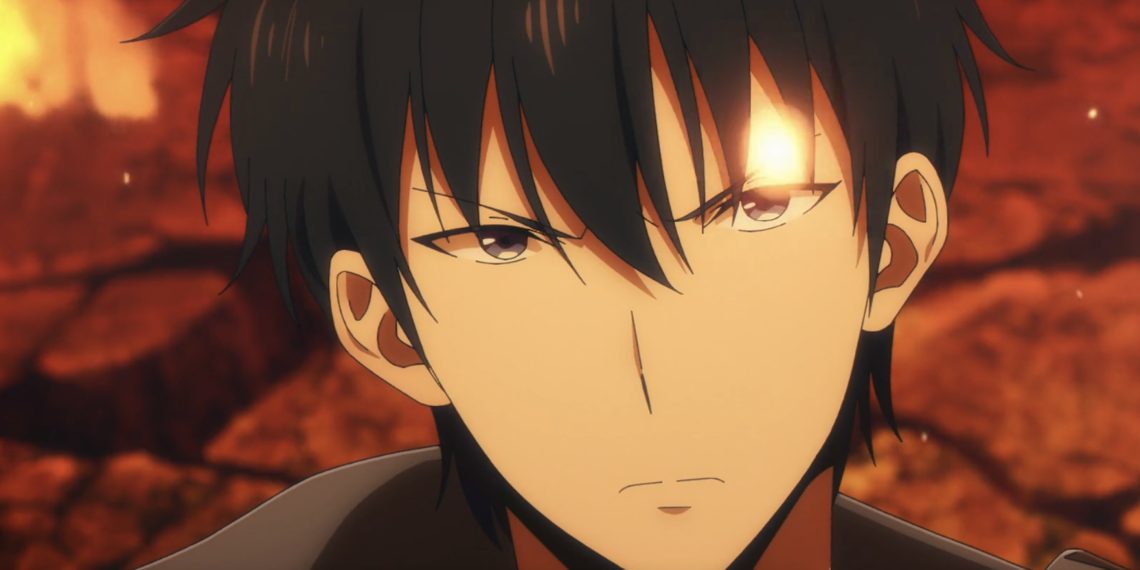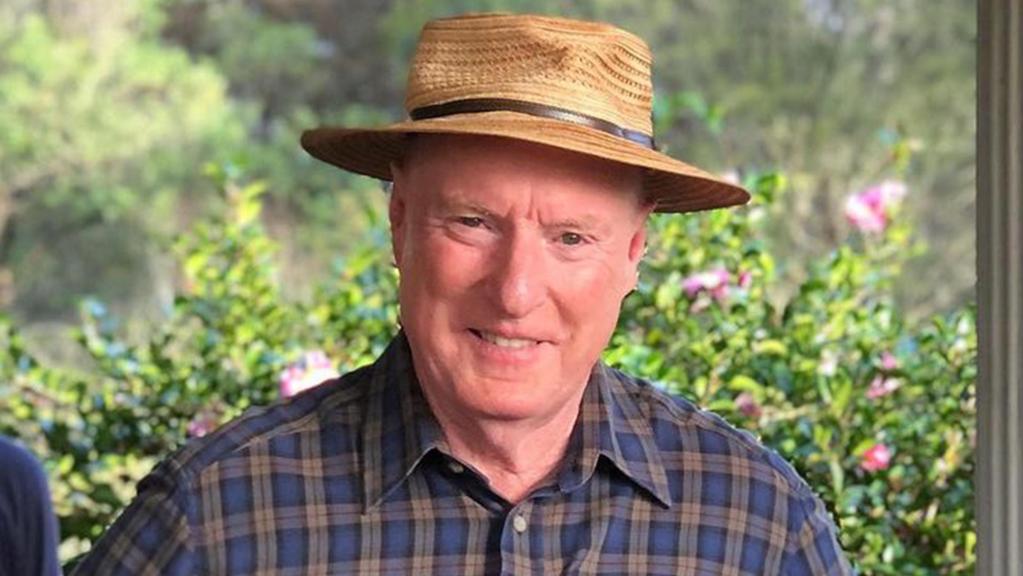The Solo Leveling anime, produced by the renowned studio A-1 Pictures, has captured the attention of fans worldwide.
While the animation quality and faithfulness to the original manhwa have garnered well-deserved acclaim, there are growing concerns about the direction the series may take moving forward.
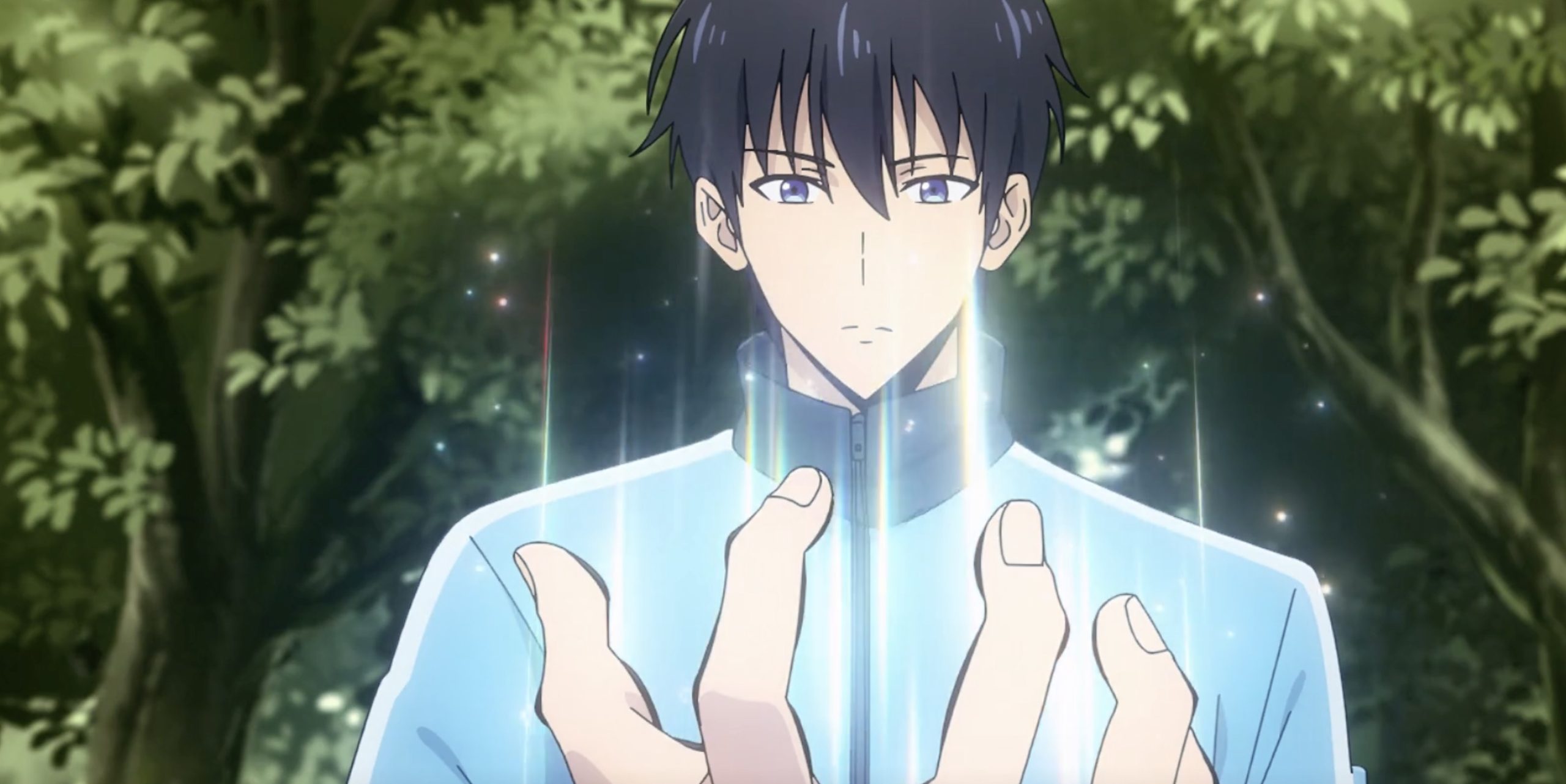
One significant point of contention among fans is the exclusion of several humorous scenes that played a vital role in the manhwa.
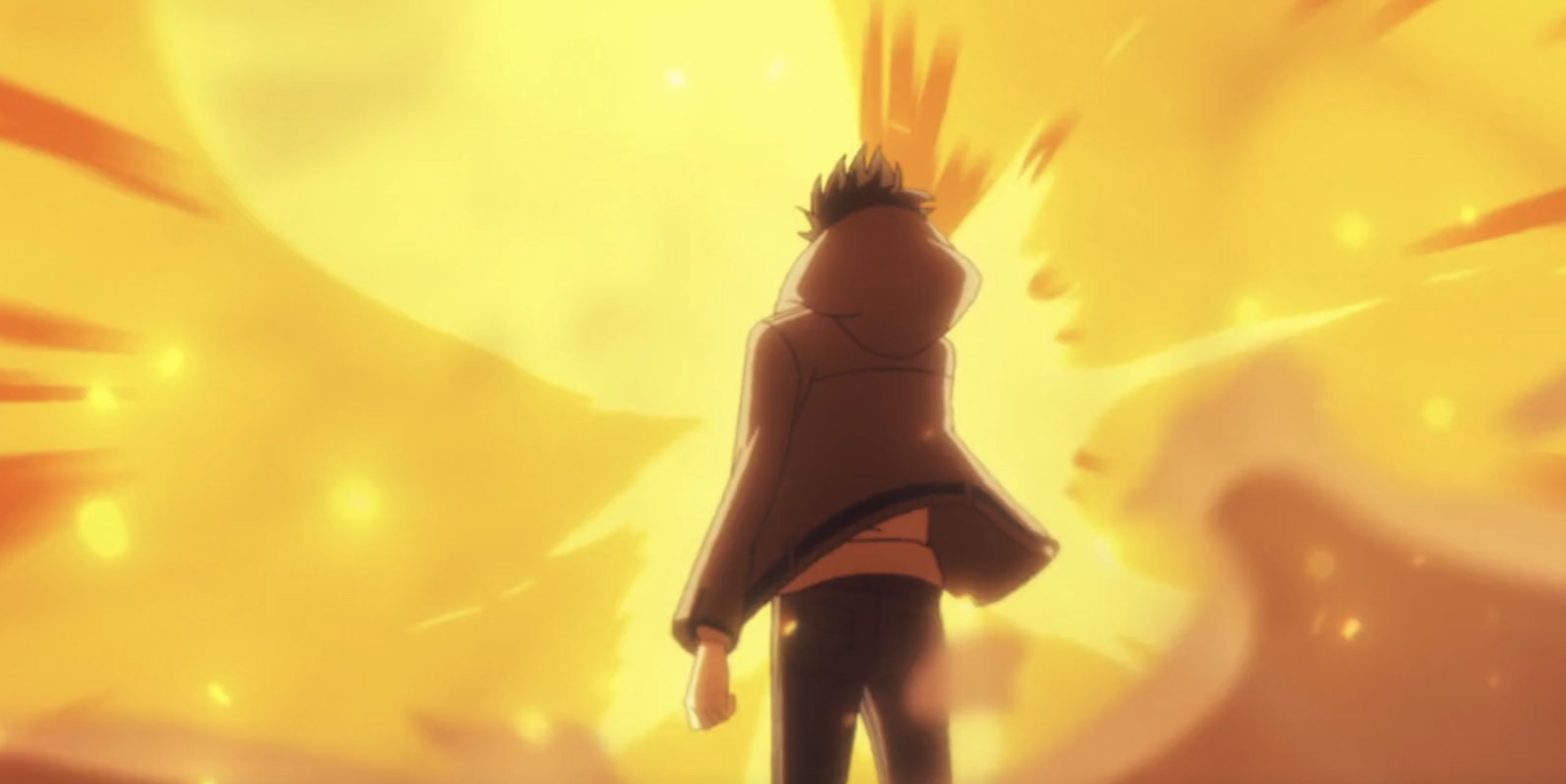
This decision has sparked a divide within the fanbase, as some feel the absence of these lighthearted moments might detract from the overall viewing experience.
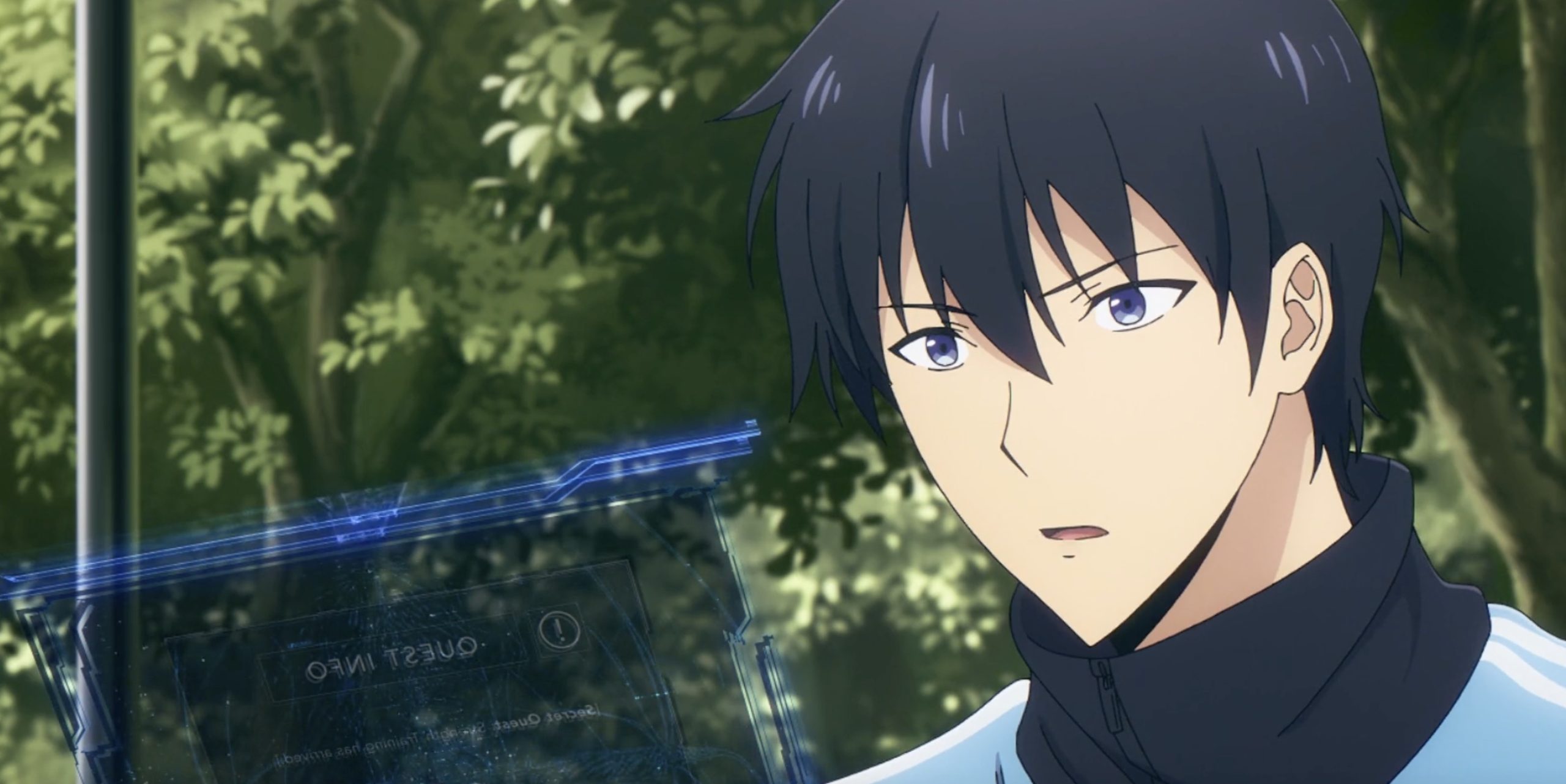
Furthermore, there is a growing apprehension that the lack of humor in the upcoming arcs could lead to a certain monotony, as the series might fail to strike a balance between intense action sequences and moments of comedic relief.

As the story progresses, it will be crucial for the production team to find a way to incorporate the right amount of humor, without deviating too far from the source material.
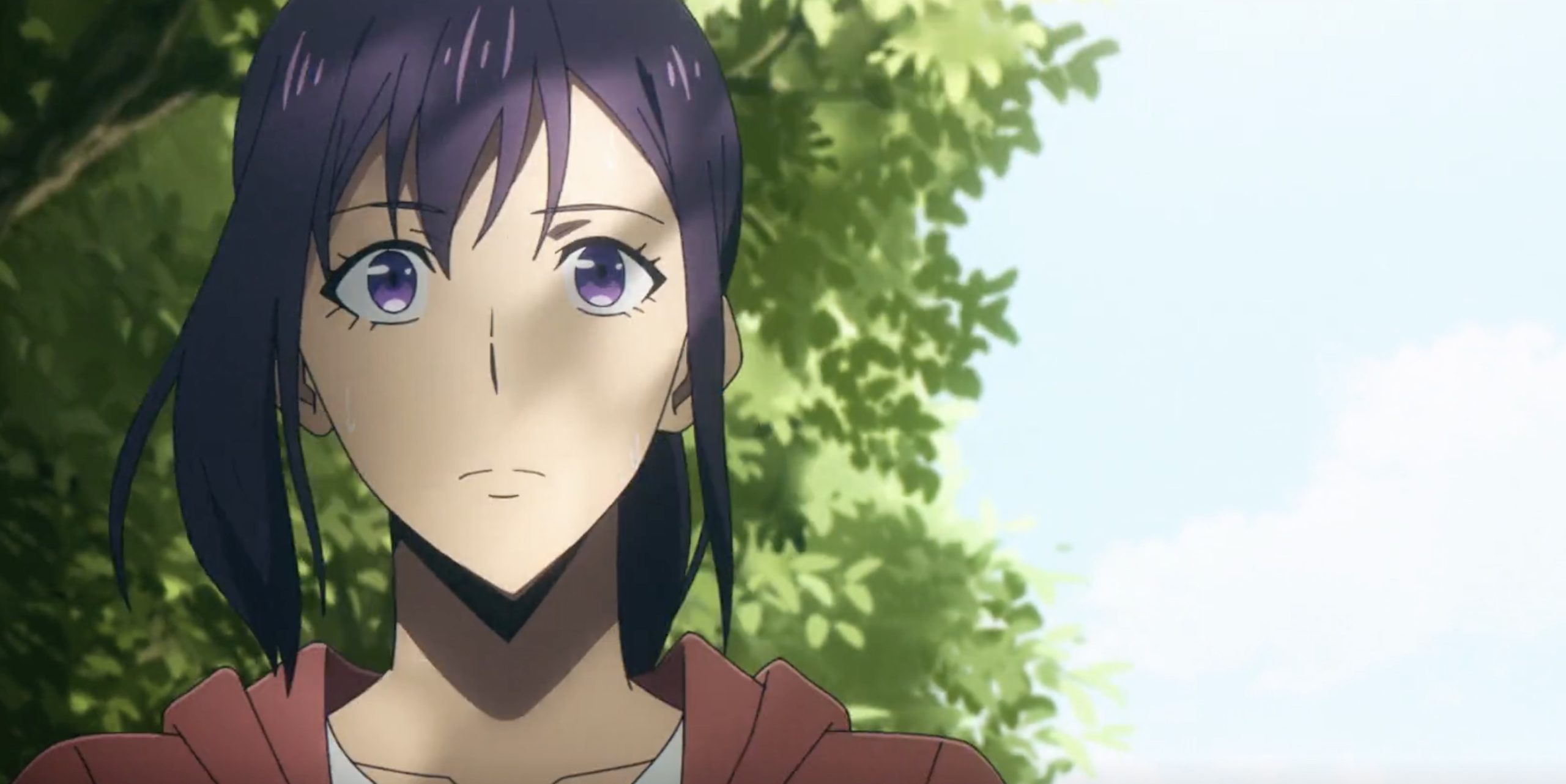
Striking a delicate balance between intense action and humorous elements could be the key to maintaining the series’ captivating charm and ensuring a diverse and engaging experience for viewers.
Addressing Changes and Concerns in the Solo Leveling Anime
One notable change that has divided the fanbase is the removal of several humorous scenes that were integral to the original manhwa.
This decision has sparked a variety of reactions, as some fans feel that the absence of these lighthearted moments might detract from the overall viewing experience.
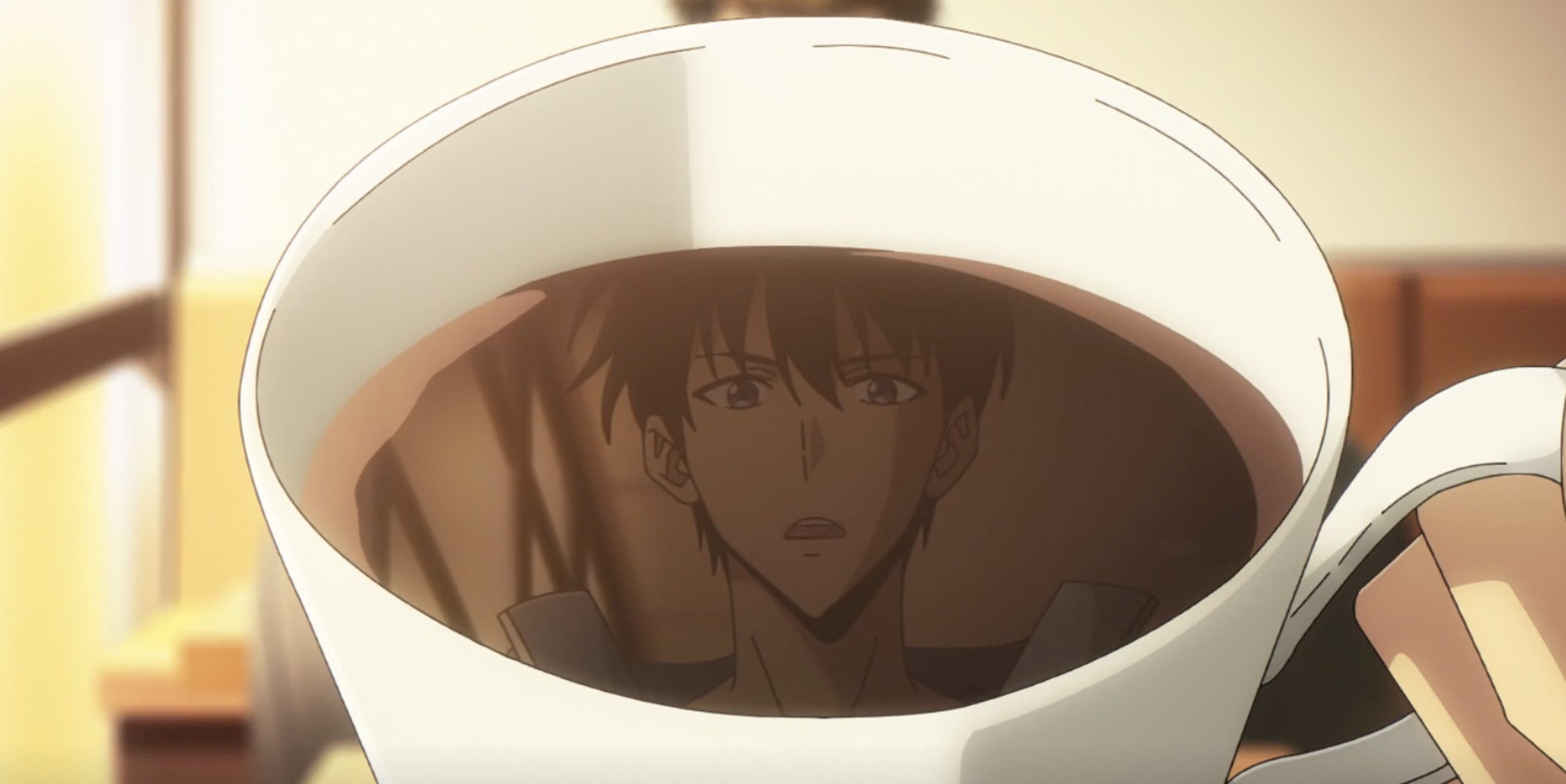
However, it’s worth noting that this is not the first significant alteration made by the studio.
Previously, A-1 Pictures had also opted to change the original South Korean names of the characters to Japanese versions.
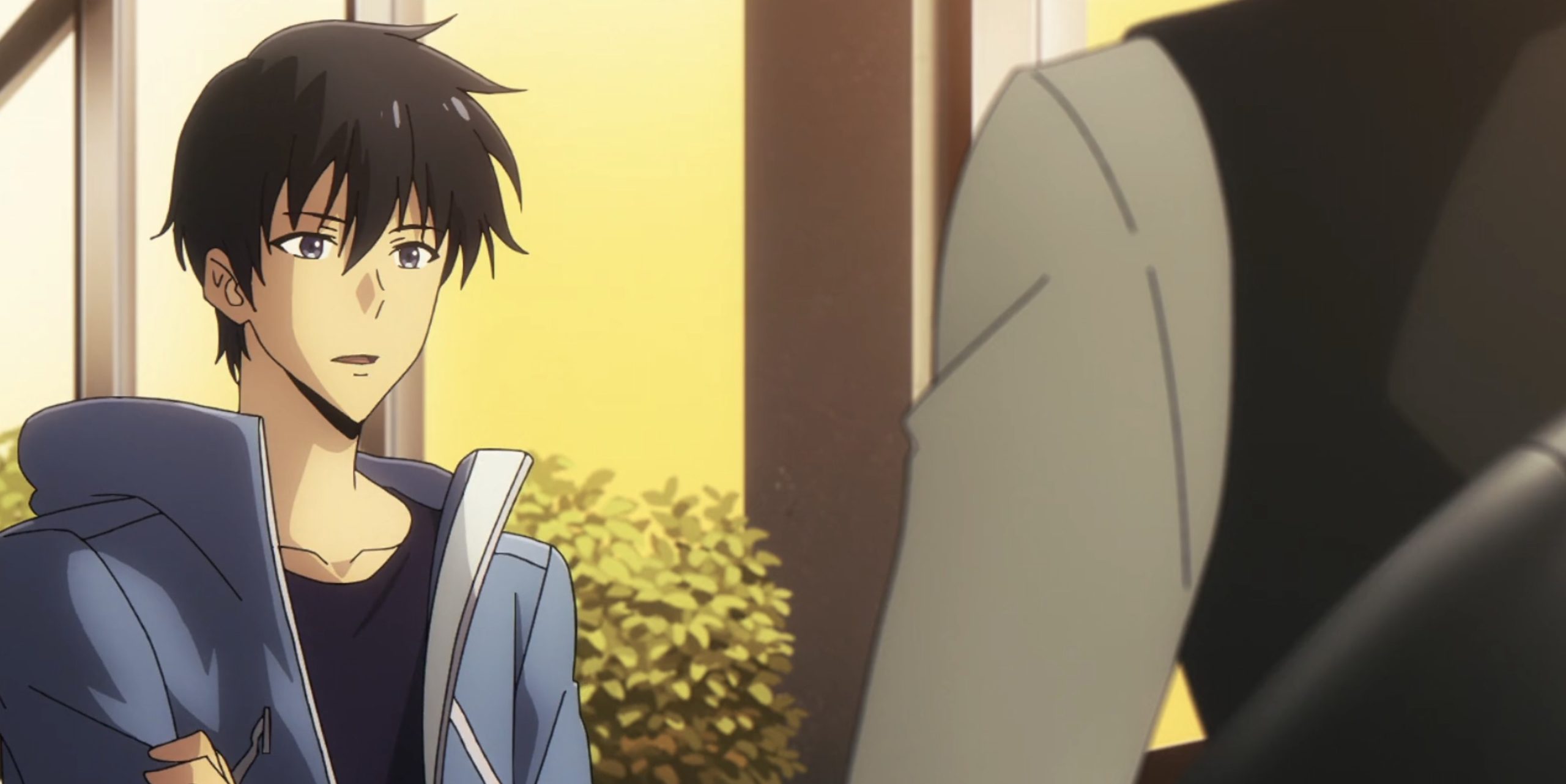
While the anime has undoubtedly been a resounding success thus far, introducing the franchise to a broader audience, fans are apprehensive that the lack of humor might lead to a monotonous tone in the story, making it feel repetitive or one-dimensional.
There is a growing concern that the series could become overly serious, straying from the original manhwa’s balanced approach.
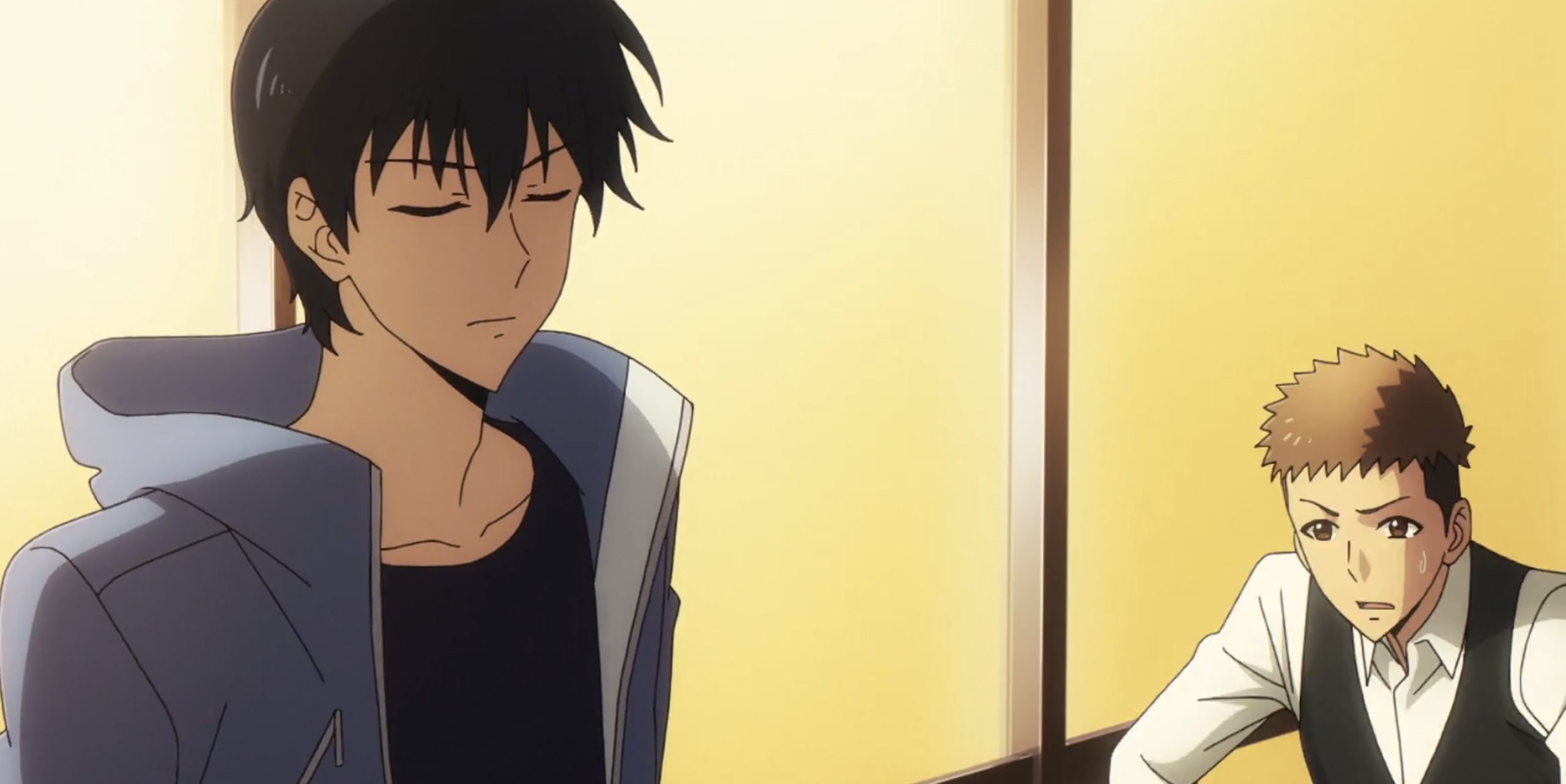
As the narrative progresses, it will be crucial for the production team to strike a delicate equilibrium, incorporating enough humor to maintain the series’ charm and diversity.
Finding a way to weave in comedic elements without deviating too far from the source material could be the key to ensuring a well-rounded and engaging experience for viewers, appealing to both existing fans and newcomers alike.
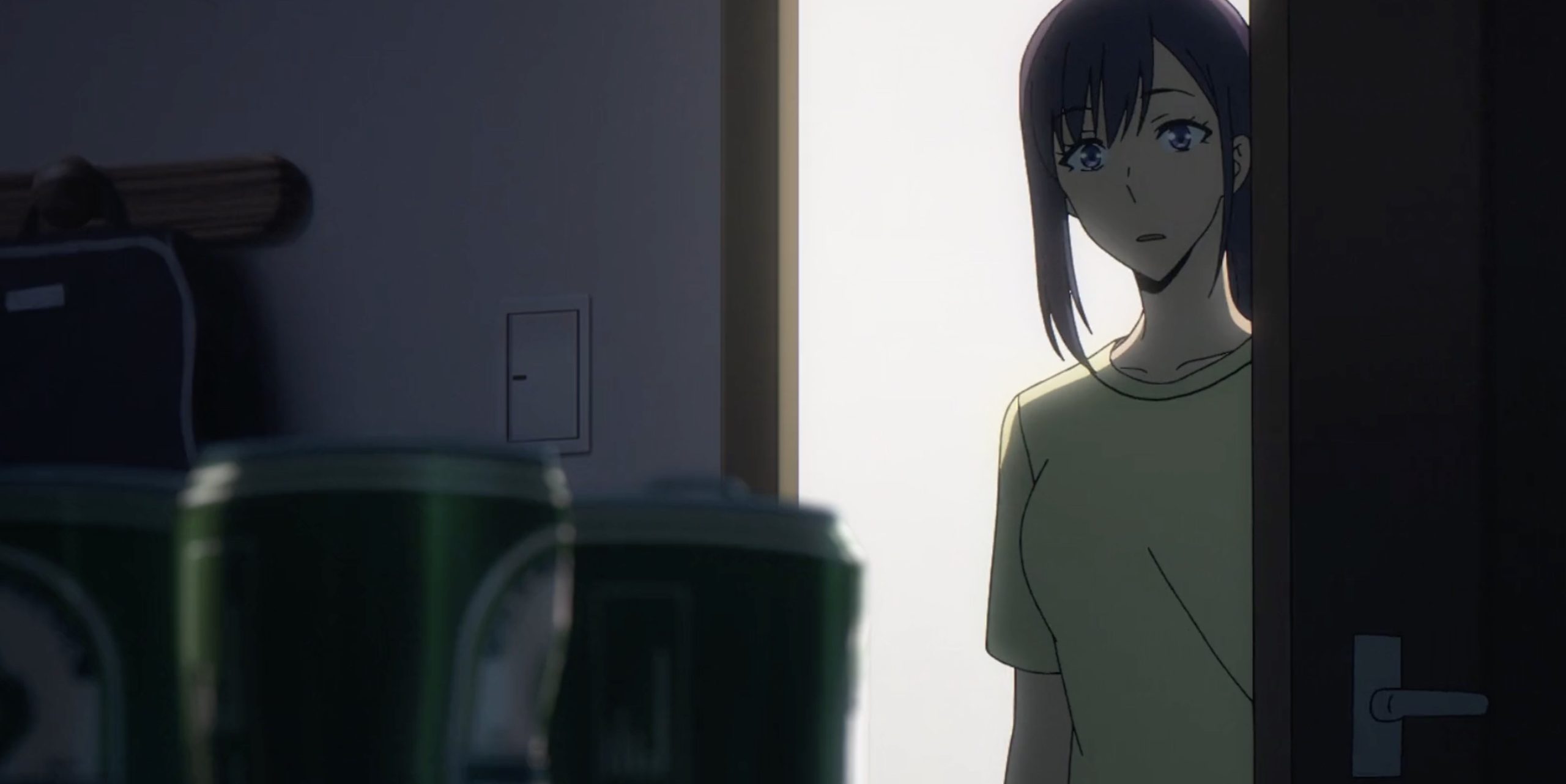
As the Solo Leveling anime continues to captivate audiences, another significant concern has emerged regarding the portrayal of a crucial group of characters: the Shadows.
In the original manhwa, the Shadows often displayed a more uniform personality, making it challenging to showcase their individual traits and quirks.
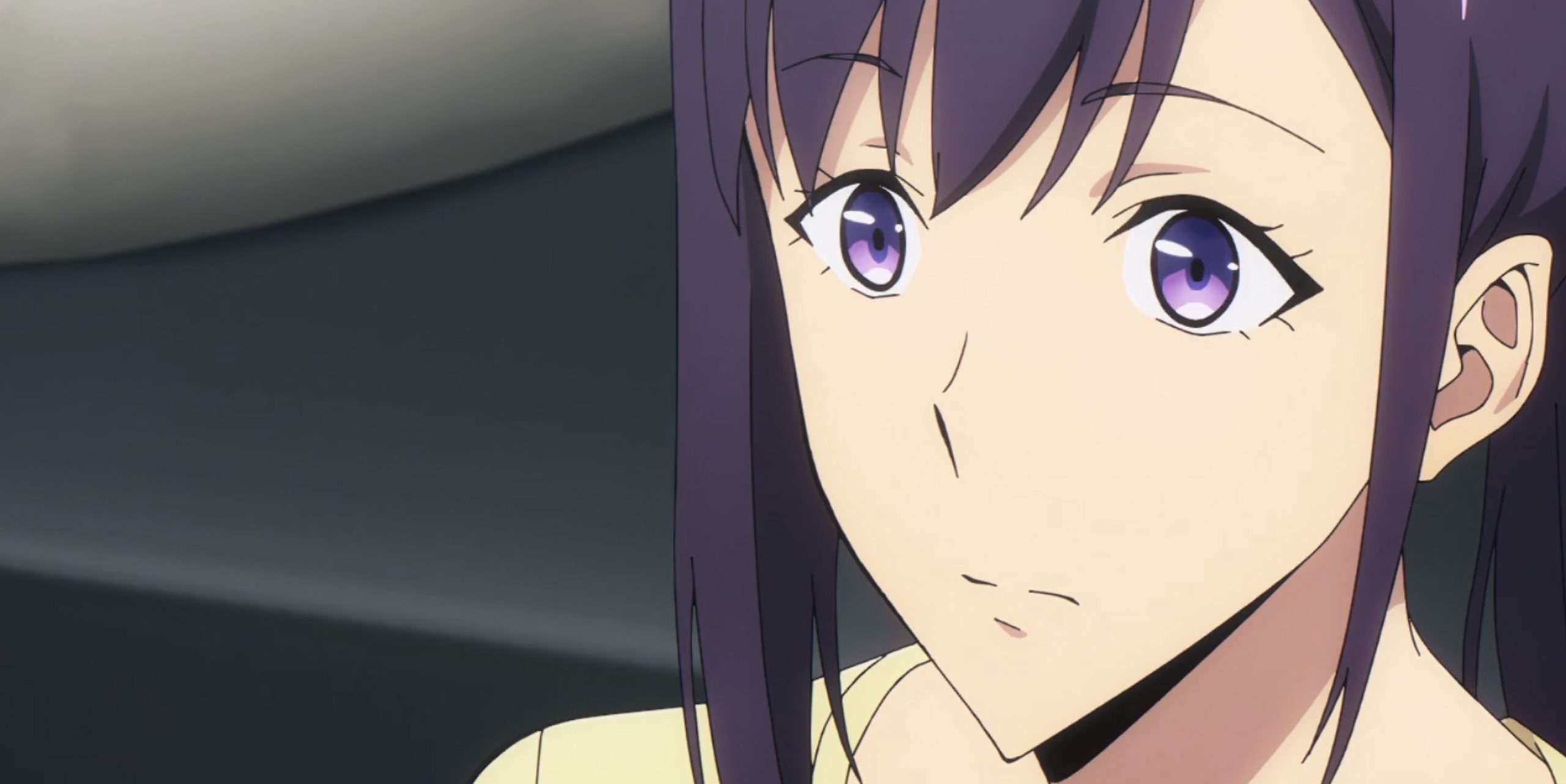
One effective way the manhwa addressed this issue was through the incorporation of comedic elements.
The humorous interactions and scenarios involving the Shadows provided a means to ascribe unique personalities to each character, making them more relatable and memorable.
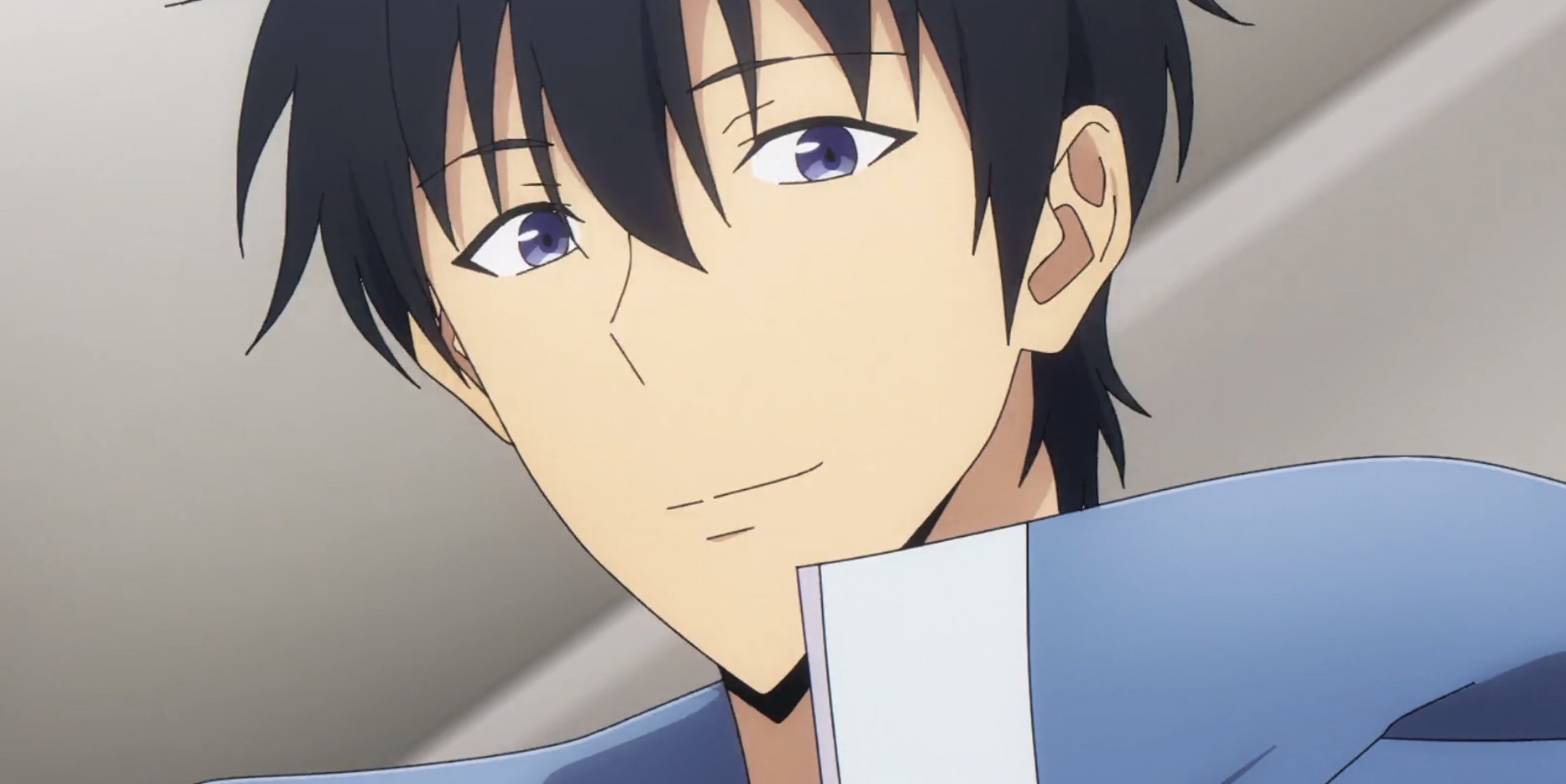
If the anime fails to follow a similar approach, it risks diminishing the impact and individuality of these characters.
To truly bring the Shadows to life on the screen, the production team must find a way to infuse them with distinct personalities.
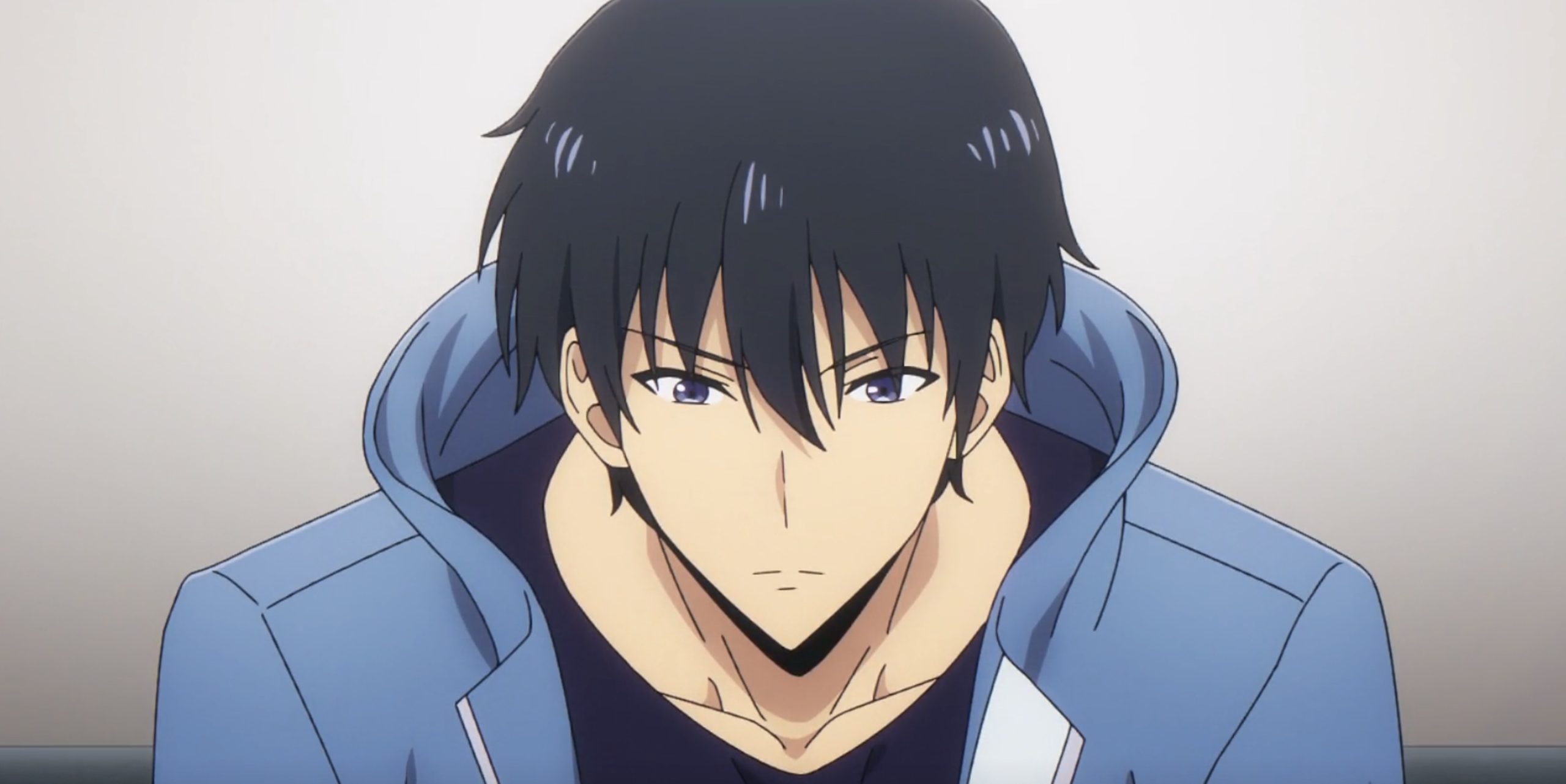
While they may share certain traits, it is essential to highlight their idiosyncrasies and quirks, making them more than just a homogenous group.
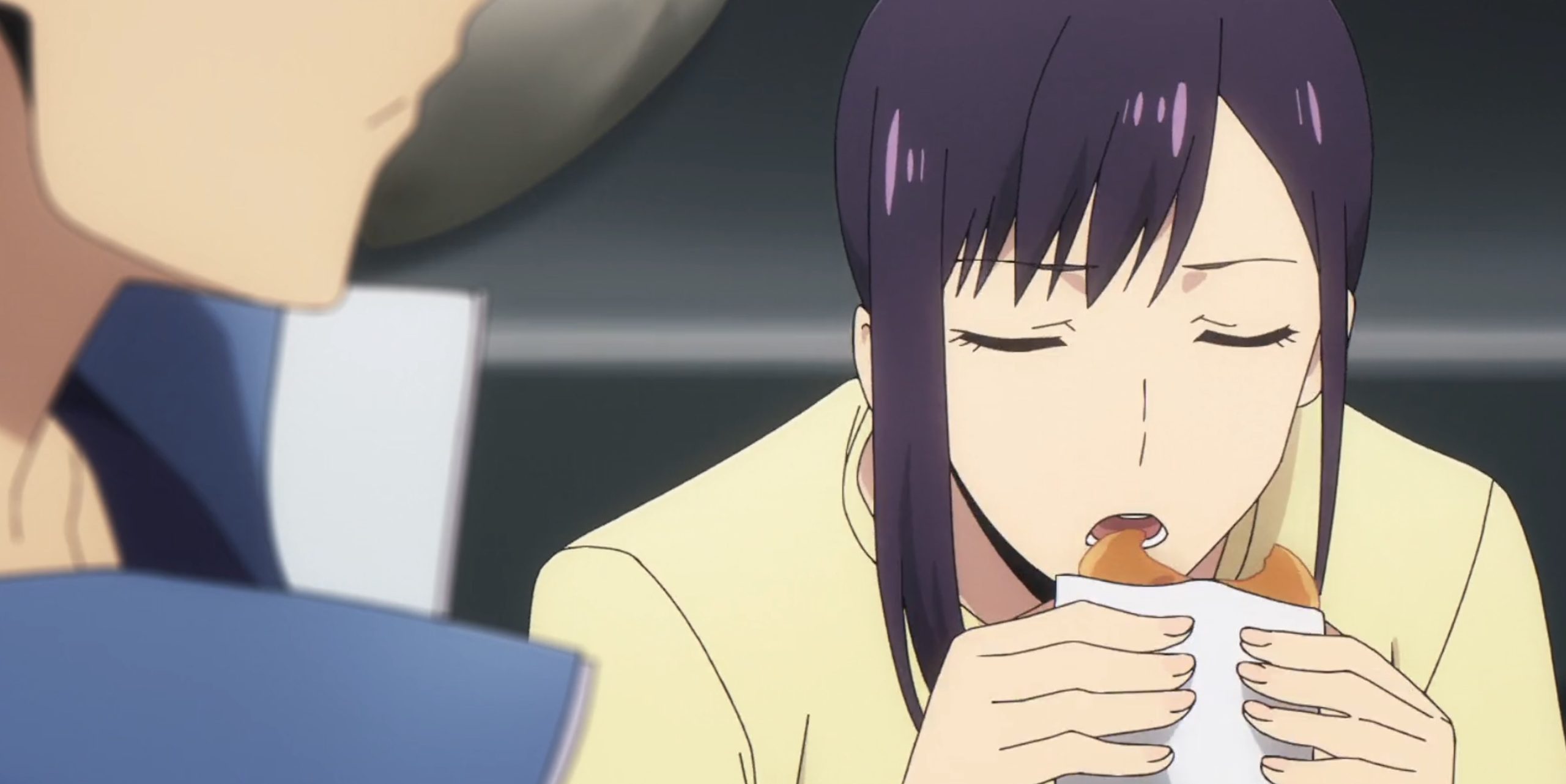
By injecting humor and lightheartedness into their interactions, the anime can create a deeper connection between the viewers and these characters, elevating their significance within the narrative.
More About Solo Leveling
Solo Leveling transports viewers into a captivating world where Dungeons and formidable creatures roam, and some humans possess the extraordinary ability to become Hunters.
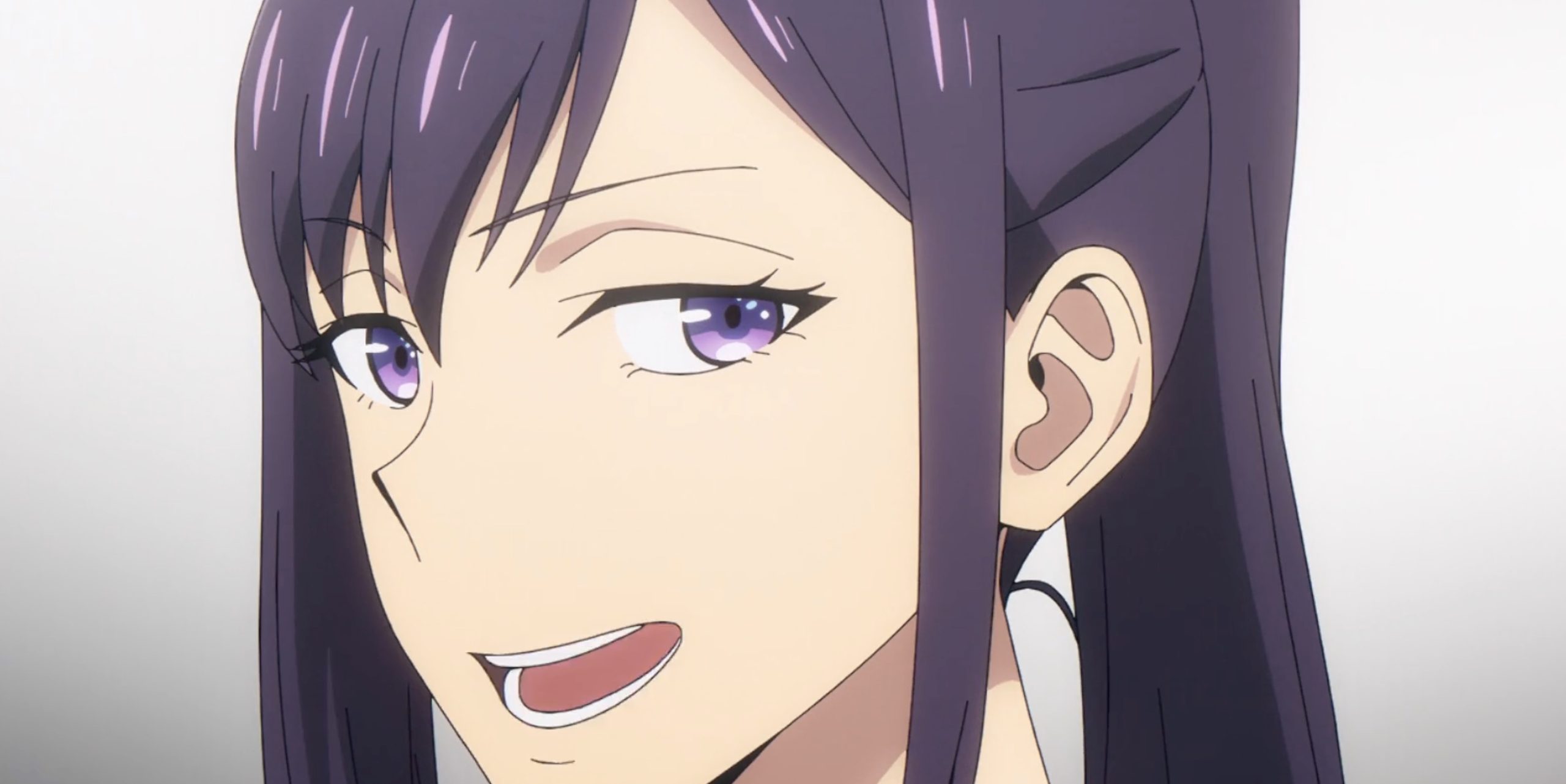
However, this realm is not without its limitations, as Hunters are restricted by an immutable system that confines their potential for growth.
Once a Hunter attains a particular rank, such as B-Rank, they remain at that level for the entirety of their lives, unable to surpass their initial designation.
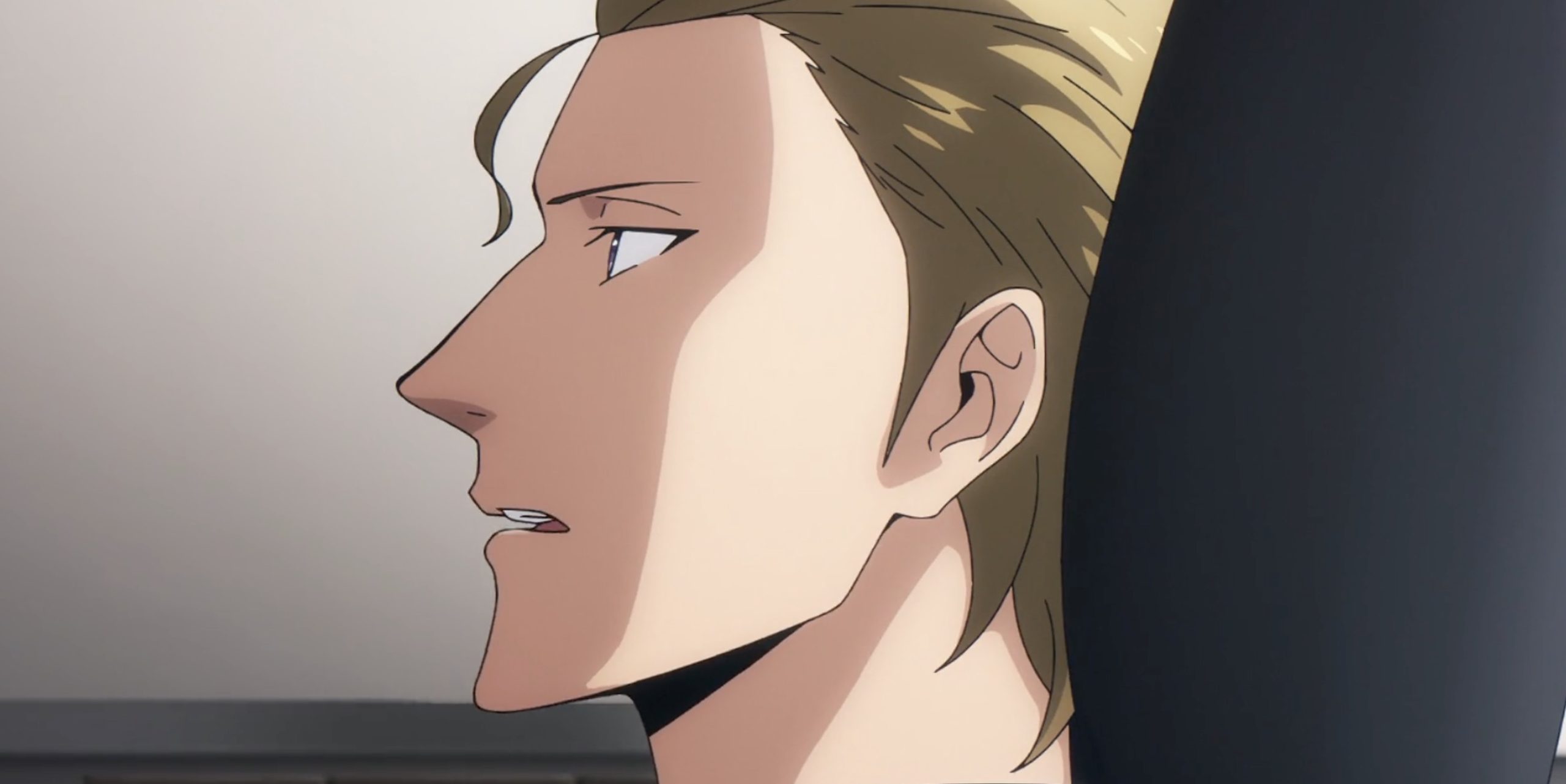
Enter Sung Jin-woo, an E-Rank Hunter, among the weakest fighters in the industry.
Despite his low rank, Jin-woo courageously accepts jobs and puts his life on the line, driven by the need to provide for his ailing mother and support his sister’s education.
His life takes an unexpected turn when he becomes part of the System, a unique phenomenon akin to a role-playing game that grants him the power to train, gain experience, and ultimately defy the conventional limitations faced by Hunters.


